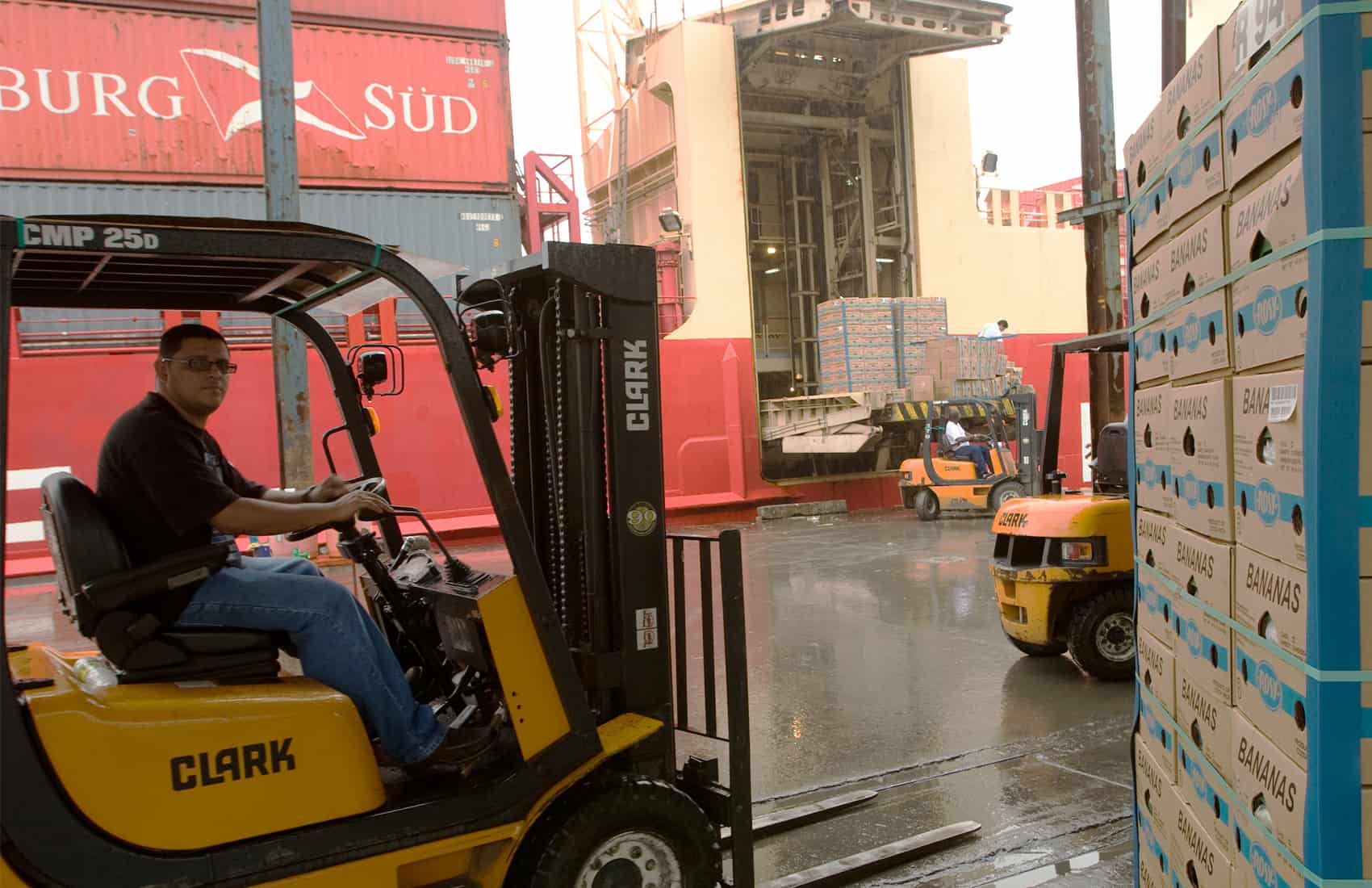Costa Rica’s decision to join the Pacific Alliance, a trade bloc formed by Mexico, Peru, Chile and Colombia, this week prompted discussions that show private-sector groups are still divided on its potential benefits.
The National Agricultural Alliance (ANA) in a public statement earlier this week voiced opposition to Costa Rica’s entry in the Pacific Alliance, which seeks to boost business development through the elimination of protectionist trade policies, export quotas and tariffs.
The ANA includes members of the National Chamber of Agriculture and Agribusiness (CNAA), the National Union of Small and Medium-Size Agricultural Producers, the National Council of Cooperatives and the Union of Independent Producers, all of whom claim the agreement represents a threat to most jobs in their sector.
CNAA President Juan Rafael Lizano said joining the alliance would destroy local farmers and lead to more unemployment and poverty in the sector.
“Adherence to that trade bloc will change the rules for many agricultural products, and that would put in danger some 500,000 jobs in the agricultural sector,” the ANA stated in a news release.
The group noted that President Luis Guillermo Solís promised during his presidential campaign not to sign new trade agreements and to review those currently in force.
Lizano noted that Costa Rica’s agricultural sector would face disadvantages when compared to the other alliance countries.
“Rather than representing a bussiness opportunity, these markets will become a threat to us, as they are all strongly competitive economies,” he said.
Costa Rica submitted a request to join the Pacific Alliance in 2013 during the administration of former President Laura Chinchilla.
President Solís has said he supports the enrollment process, but last June, he requested several agencies to evaluate the positive and negative aspects for the country in becoming a full member of the trade bloc.
Others in favor
Following the agribusiness sector’s warnings, other business chambers issued statements supporting the process.
The Costa Rican Chamber of Industries (CICR), the Costa Rica’s Chamber of Commerce (CCCR) and the Chamber of Exporters (CADEXCO) all support the government’s efforts to join.
The Chamber of Commerce announced its support for joining “with all of the requirements,” the group’s president, Francisco Llobet, said in a news release.
In separate statements both the CICR and CADEXCO noted their support for the Pacific Alliance, but requested the government address complaints by some sectors that could be affected by the country’s entry.
CICR President Enrique Egloff sent President Solís a letter asking him to resume negotiations as soon as possible in order to take advantage of the group’s benefits, which “would translate into cheaper raw materials and a boost in the country’s business climate.”
Egloff also said that better access to raw materials among alliance countries would benefit Costa Rica’s competitiveness.
Foreign Trade (COMEX) Minister Alexander Mora on Thursday said President Solís would make a decision soon, and that it would be based on information from four separate studies conducted by COMEX and the Foreign, Finance and Economy ministries.
Countries of the Pacific Alliance represent a market of 216 million people with an average per capita GDP of up to $10,000 per year, COMEX reported.






